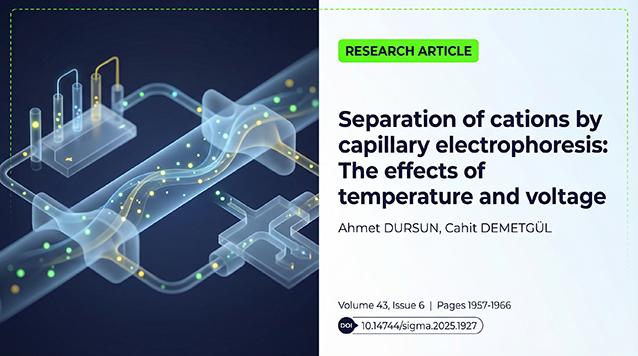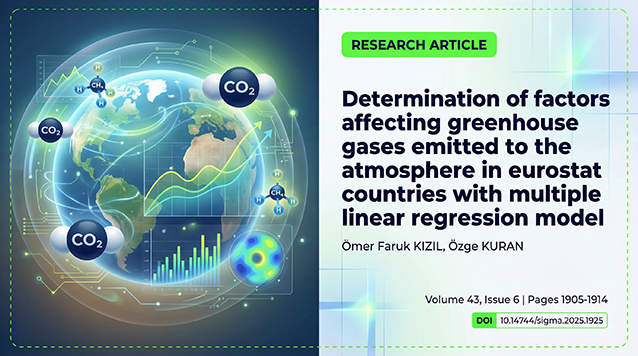Abstract
Global climate change has caused great concern due to its negative impact on social and economic development. Tapio decoupling analysis is a method used to analyze the relationship between economic growth and the environment. The purpose of this article is to analyze the relationship between the environmental pressures and economic growth in the EU-27 countries and Turkey from 1990 to 2017 (annual data). Firstly, this article presents the decoupling states (absolute decoupling, relative decoupling and no decoupling) between gross domestic product (GDP) and environmental pressures (Greenhouse gas (GHG) emissions, material flows (MF) , land use (LU)) from 1990 to 2017. The following conclusions are generated: (1) In the case of GHG emissions from GDP, there is absolute decoupling in 10 countries and relative decoupling in 9 countries. In 9 countries, no decoupling occurs. (2) In terms of MF from GDP, in 5 countries absolute decoupling occurs and relative decoupling occurs in 13 countries. In 10 countries, no decoupling occurs. (3) In the case of LU from GDP, absolute decoupling occurs in 17 countries and relative decoupling occurs in 1 country. In 10 countries, no decoupling occurs. Secondly, to determine the source of productivity index, Malmquist productivity index is applied to the same countries based on the same period. GDP is used as output variable, while GHG emissions, MF and LU are used as input variable. The input- oriented Malmquist productivity index results show that: there is productivity gain in the entire EU-27 and Turkey.
















